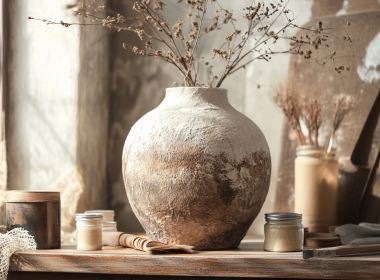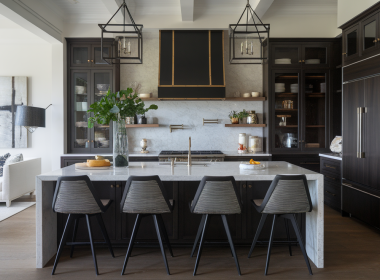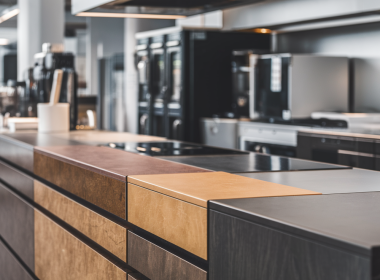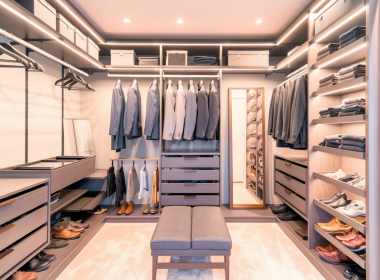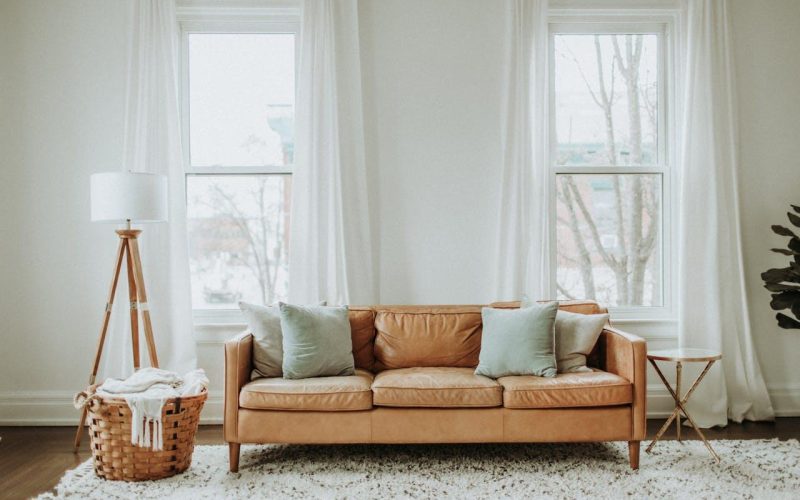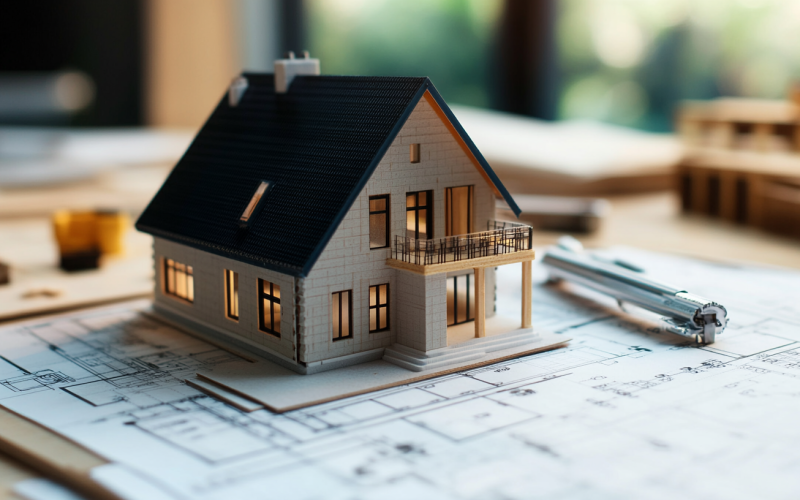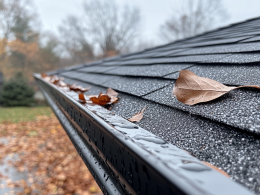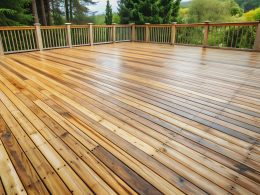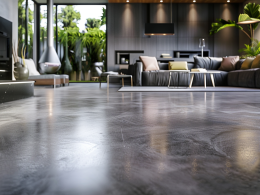Staring out a drafty window at another hefty energy bill? Maybe that foggy pane is blurring your view of a sunny day (and potential savings). New windows can be a big investment, but they can also be a game-changer for your home’s comfort, beauty, and efficiency. But with so many styles and features to choose from, how do you pick the perfect ones?
In this blog, we’ll break down the key factors to consider when selecting new windows, ensuring you find the bright spot for your home (and wallet).
Understanding Different Window Types
There are several types of windows to choose from, and each type serves different purposes. Double-hung windows are great for air circulation and are easy to clean.
Casement windows, which swing out to open, can catch more breeze and are sealed tightly when closed. Sliding windows are good for areas with limited space outside because they don’t open outwards.
Awning windows, which open outward from the bottom, are perfect for rain protection while still letting air in. Bay windows can make a room feel bigger and let in a lot of light.
Knowing the different types can help you decide which is best for your needs and your home’s design.
Importance of Frame Materials
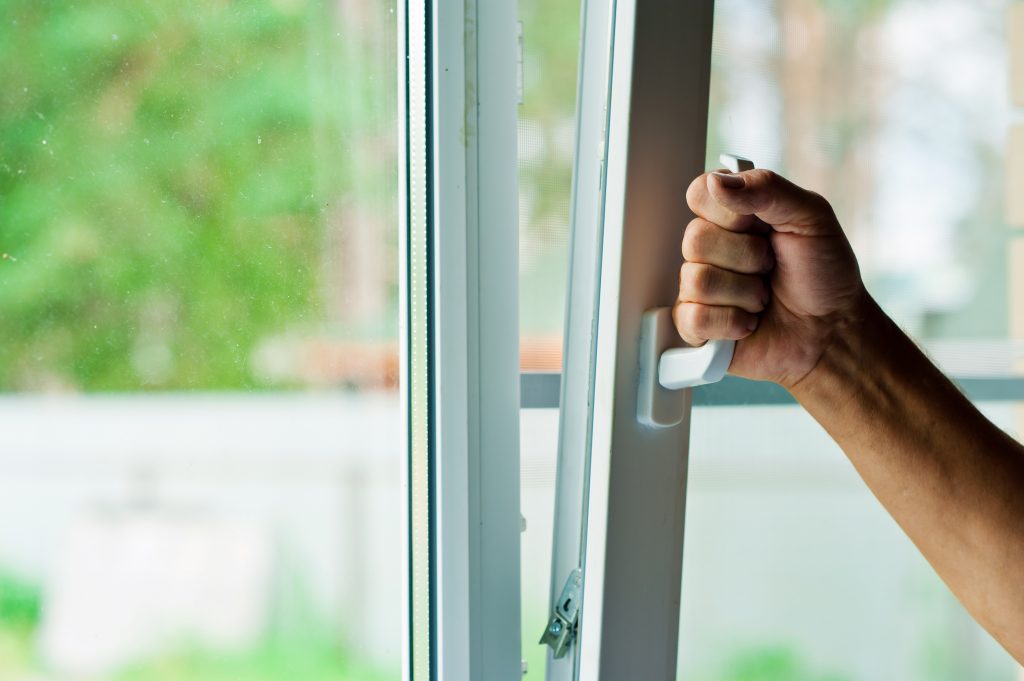
The material of your window frames affects their cost, durability, and maintenance. Wood frames look classic and are very insulating but can be expensive and need more upkeep to prevent rot. Vinyl frames are less expensive, need little maintenance, and insulate well but might not fit every home style.
Aluminum frames are durable and handle harsh weather well, but they don’t insulate as well as wood or vinyl. Fiberglass frames are strong, durable, and insulate well but can be on the pricier side.
It’s a good idea to consult a trusted replacement window company to get advice on the best materials suitable for the local climate and your home.
Energy Efficiency and Glass Options
Energy-efficient windows can save you money on heating and cooling bills. Look for windows with double or triple-pane glass — these have air or gas between the layers of glass, which helps keep your home’s temperature steady.
Low-E (low-emissivity) coatings on glass can reflect heat into or out of your home, depending on your needs. Some windows also have gases like argon between the panes for better insulation.
Choosing the right glass can make a big difference in your comfort and energy costs, so it’s worth considering all your options.
Window Design and Aesthetics
The style of your windows is important because it affects how your home looks both inside and out. You can choose from different shapes, sizes, and colors to match your home’s design. Windows with grids or panes can add a traditional look, while large, unobstructed glass can give a more modern feel.
The hardware and finish on your windows also play a part in their overall look. Remember, windows are one of the first things people notice about your house, so think about what kind of visual impact you want them to make.
Durability and Maintenance
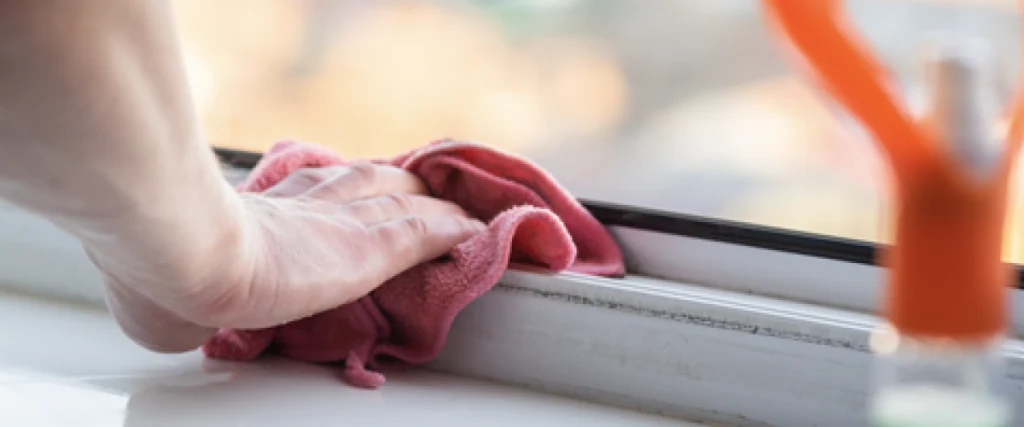
Choosing windows that last long and are easy to take care of can save you a lot of hassle. Materials like vinyl are good for this because they resist weathering and don’t need much more than a quick clean.
Wood windows can last a long time if they’re well-maintained, but they might require more effort like painting or staining. Think about how much time and money you’re willing to spend on upkeep.
Durable windows not only look better for longer, but they also keep your home safer and more insulated over time. Furthermore, selecting frames with UV-resistant finishes can help prevent fading and wear from sunlight, prolonging the aesthetic appeal of your windows.
Sound Reduction Capabilities
If you live near a busy street or noisy area, you might want windows that can help block out sound. Windows that are good at this usually have thicker glass or special insulation.
Triple-pane windows can be particularly effective at reducing noise. The frame material and how well the windows are sealed also play a part in how much sound they can block.
Choosing the right windows can make your home a quieter, more peaceful place to be. In addition, some windows can be fitted with laminated glass that further enhances noise reduction, perfect for urban environments.
Safety and Security Features
Windows are an important part of keeping your home safe. Look for windows with locks that are strong and easy to use. Some windows come with tempered glass, which is safer because it breaks into small, dull pieces instead of sharp shards.
You might also consider windows that are tough to break or open from the outside, especially for rooms on the first floor. Good windows can prevent break-ins and accidents, making your home a safer place for everyone.
Also, modern windows can be equipped with sensors that alert you if they’re unexpectedly opened, adding an extra layer of security.
Local Climate Considerations
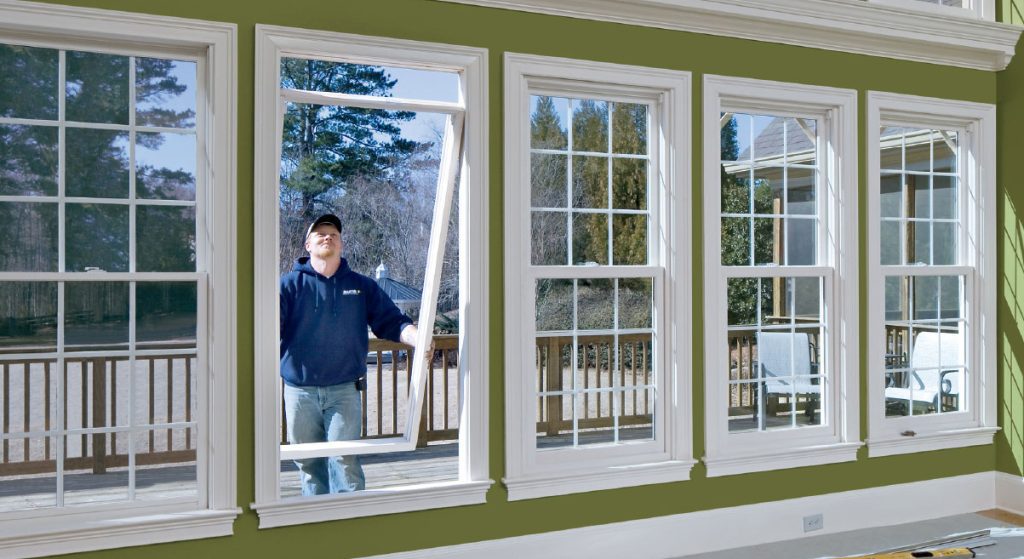
Your local climate should influence the type of windows you choose. If you live in a cold area, you’ll want windows that keep heat in. In hot climates, you might want windows that reflect heat to keep your home cool.
Some areas have regulations about window energy efficiency, so check those, too. Picking windows that suit your climate can increase your comfort and decrease your energy bills.
Manufacturer’s Reputation and Warranty
When buying new windows, it’s smart to choose a manufacturer with a good reputation. Look up reviews and ask for recommendations to find a reliable company. A strong warranty can also give you peace of mind. Make sure you understand what the warranty covers and for how long.
A good warranty should cover both the windows and the installation. Also, consider manufacturers who provide excellent after-sales support, which can be invaluable in resolving any issues that arise after installation.
Conclusion
New windows aren’t just a replacement, they’re an upgrade to your entire home. By considering factors like material, style, and efficiency, you’ll transform your space with natural light, improve comfort, and potentially boost your curb appeal. Think of them as the finishing touch to a well-composed room, the ones that frame the view and set the tone for years to come. So, take your time, prioritize what matters most, and get ready to let the sunshine (and fresh air!) in.

